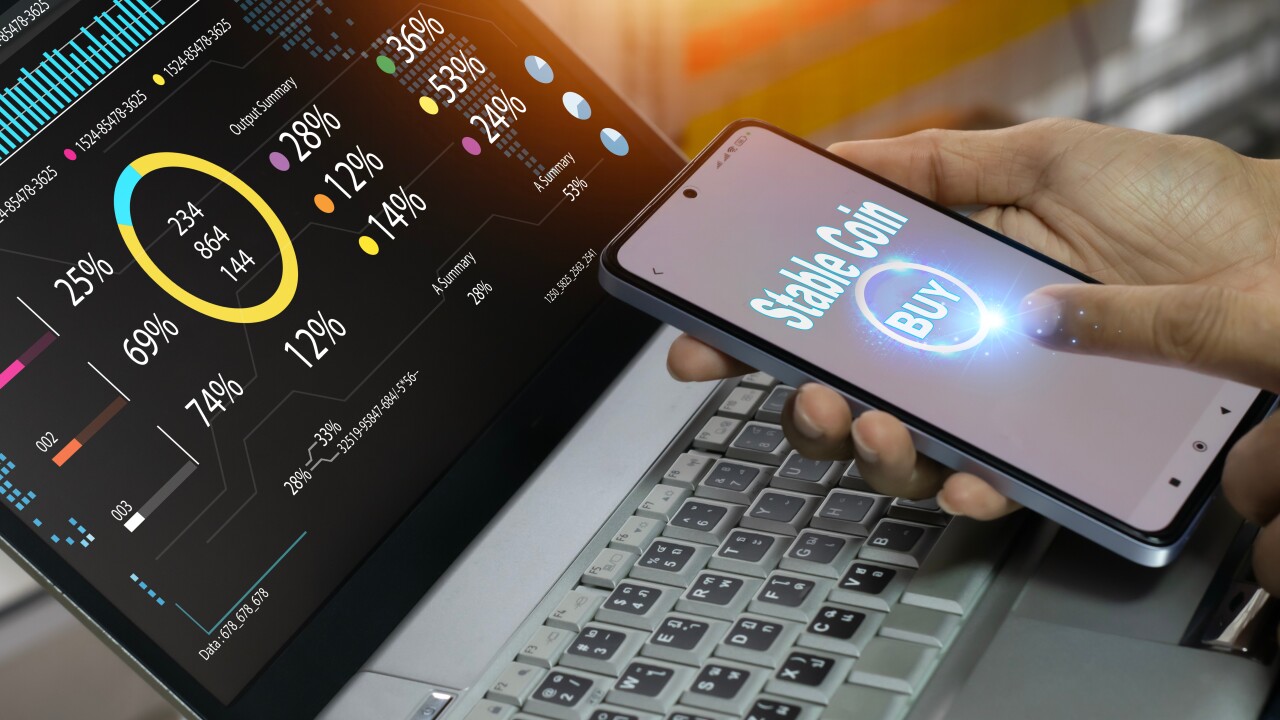American Express Co., hoping to seize a marketing and cross-selling opportunity where other companies have mainly failed, has begun offering free Internet access to its cardholders.
The service, quietly pitched to cardholders for the past two months, is called American Express Online. If modest in its current ambitions, the service's Web address - AmexOL.net - given its echoes of the America Online brand, at least hints at a grander future.
Certainly, Amex, which had 33.3 million cards in force in the United States in 2000, can boast a customer base that rivals America Online, which has 27 million subscribers, many of whom pay more than $20 a month for the service. For now, American Express Online is a free, unlimited Internet service provider for Amex cardmembers, who can use it to get a private Web-based e-mail account, one-click access to Amex billing and Membership Rewards information, online shopping, a free Web page, and more.
Amex argues that the potential for customer loyalty and cross-selling could outweigh the investment. Still, to offset the $6 to $7 a month per customer it will cost American Express to run the service, the company has also sold a variety of advertisements, and a privacy statement attached to the service says it may sell customer information to third parties such as advertisers, clients, and marketers.
The American Express Online icon, when installed on a desktop, periodically flashes banner ads on the user's desktop. More than a dozen advertisers flashed ads in one recent day, including ones for The New York Times, jeweler Blue Nile Inc., 1-800-flowers.com Inc., Hanover Direct Inc.'s online retailer Domestications, and ValueClick Inc., a banner advertising network.
The AmexOL.net Web site says the service is being offered as a "membership benefit" and that the company aims to make it the "best available ISP." It is being promoted narrowly, and an Amex spokeswoman called it a "potential" product that will persist only "after we decide if the test is successful."
American Express is not the first to try to appeal to customers with free Internet connections. In July, Capital One Financial Corp. offered a free Internet service through an agreement with Spinway Inc., which provided the necessary infrastructure. Spinway ceased operations in December, leaving both Capital One and retailer Kmart Corp. in the lurch with their free Internet offers.
Capital One canceled the free ISP service but continued to offer free e-mail accounts, a service that will also be dropped as of Feb. 28. Kmart eventually purchased Spinway's remaining assets and began offering a scaled-down version of the service.
More recently, online broker Quick & Reilly, the discount brokerage unit of FleetBoston Financial Corp., announced an offer of free Internet access for customers.
Amex invited some cardmembers to use the service. Other customers who stumble on the AmexOL.net site and present a valid American Express card number are given the free service, which includes a financial portal with customized news feeds and access to American Express credit card statements, bank accounts, brokerage accounts, rewards programs, and its Internet shopping site. American Express already offers free Internet access to its merchants, a service that started in November.
Free Internet access "is not a new concept," said Paul M. Jamieson, director of financial services for Gomez Advisors of Waltham, Mass., and a former Bank of America portfolio manager. "American Express is kind of unique in that they have other assets they can bring to bear to broaden the opportunity from a cross-sell perspective."
By testing its service before offering it to more customers, American Express may be able to sidestep problems faced by other companies that have been giving this service away.
"I think a pilot project is exactly how you do it," said Bazile R. Lanneau Jr., an executive at Britton & Koontz First National Bank of Natchez, Miss., which was one of the first banks to offer Internet access to customers.




